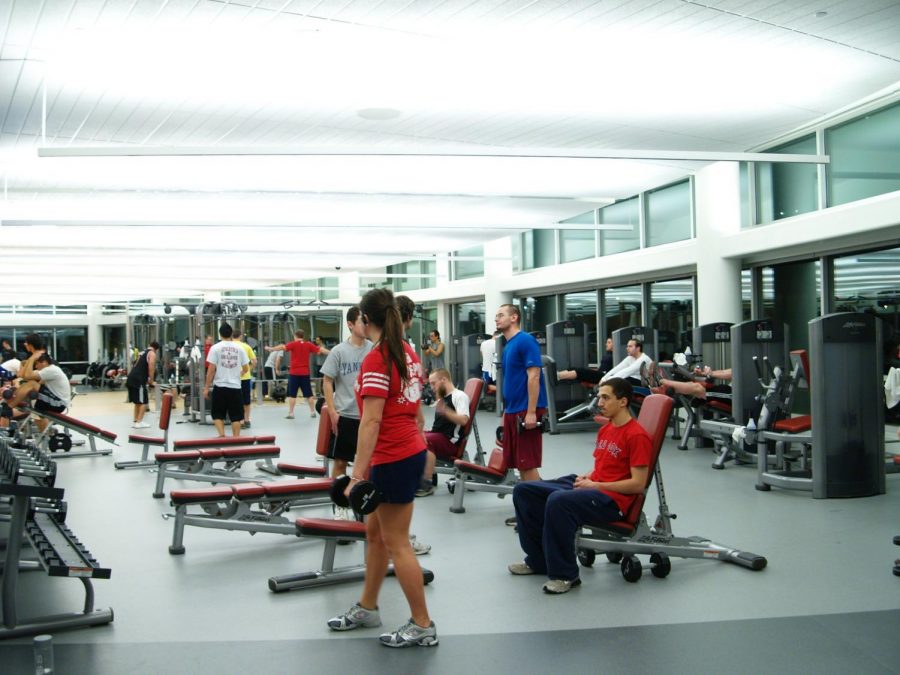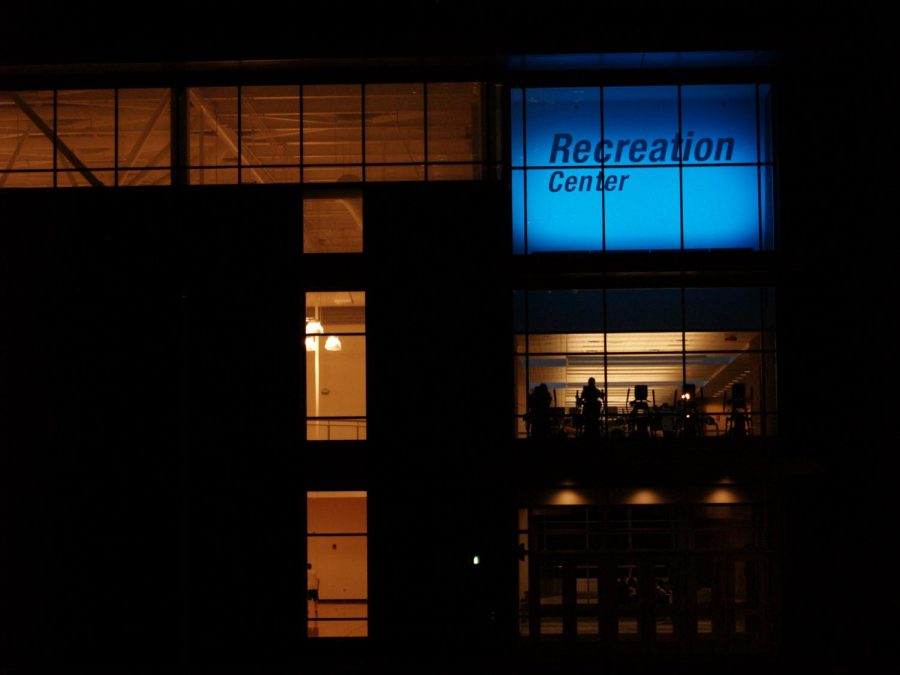
The last few weeks in the Pioneer Valley have been speckled with frosty mornings and frigid nights, which can only mean one thing: autumn is coming to a close and winter is fast approaching.
And unfortunately, as all New Englanders know, winter is the season of sickness. Between colds, the flu and general feelings of being physically run down, winter can and does take its toll. Instead of spending winter break holed up in your room with a bottle of Theraflu and more Campbell’s soup than Andy Warhol ever dreamed of, try these quick and simple tips to give your immune system a quick boost just before the germs of seasonal illness began to wreak havoc. A little healthy preventative maintenance now can save you undue amounts of physical and emotional stress down the road and keep you up to snuff throughout the bitter winter months.
Wash your hands
Parents and teachers have been squawking about the importance of regular hand-washing since we were barely out of the diaper and into the playpen. While we spent years disregarding this simple suggestion, it turns out our parents actually had a point. Hand-washing is the single most effective way to prevent the spread of germs, and is so simple an act that it takes almost no cognitive effort whatsoever. In order for hand-washing to be fully effective, scrub your hands with soap and water for about 20 seconds and rinse thoroughly. Do this after physical activities like using the restroom or blowing your nose, and once or twice throughout the day if it’s convenient. Taking that extra few seconds to make sure your hands are really clean after using the bathroom is the easiest way to avoid getting sick, and is really so simple that there is no good reason not to be doing it regularly.
Sleep regularly and relax
This is another suggestion that sounds so blindingly simple that it almost doesn’t warrant being mentioned. But when it comes to the average college student, sometimes it’s the simplest of necessities that falls to the bottom of the priority list. Adjusting to the change in light after daylight savings time can be difficult as we hurtle into the darkest time of the year, so making sure you get enough sleep is vital to your health. The recommended amount of sleep for young adults is seven to eight hours per night, but if your commitments prevent you from dedicating that much time to slumber every night, set aside at least one day a week where you can be absolutely lazy and catch up on the sleep you missed during the school week. Taking the time to relax and sleep regularly keeps your body running at optimal level, and as busy college students we can always use a good excuse to be sluggish for a little while.
Stock up in Vitamins C and D
Vitamin C is the archetypal supplement to take to promote good health, and capsules of the “miracle supplement” can be purchased at any drug store or absorbed easily through classic methods like orange juice and fresh fruit. Giving your body a regular dose of Vitamin C is a surefire way to boost your immune system, but getting enough Vitamin D is just as important in maintaining overall health. Though Vitamin D is not a critical dietary vitamin, its presence within the human body is a common marker of good health. Vitamin D is absorbed into our skin through sunlight and synthesized to aid in the overall function of vital organs and systems in the body. A deficiency in Vitamin D has previously been linked to cancer and cardiovascular disease, so making sure you get enough sunlight in the winter is crucial to staying healthy. Though it may be uncomfortably cold, try to spend at least a few minutes in the sun every few days, if not simply to remind yourself that the sun does still indeed exist in the winter.
Stay active
There is no more surefire way to come down with the winter blues than to be completely sedentary. It might be tempting to spend every night wrapped up in a blanket watching Netflix on your couch, but in the long run you may end up more depressed and under the weather than if you got out regularly. Even though the wind chill can be biting at times, it’s important to stay active all year, especially in the winter. Your muscles can go slack from inactivity over the winter and fat deposits tend to build up more as the air gets colder, so keeping yourself physically active helps to alleviate physical stress while keeping your vital bodily systems running regularly. Even if it’s something as simple as just going for a walk from your dorm to the dining hall, getting out in the fresh (albeit cold) air is much better for you than hibernating in your room all season.
Avoid excess amounts of sugar
That second cup of hot chocolate or an extra brownie after dinner can be especially tempting in the winter, but do your best to avoid any extra sugar. Our natural response to the cold is to load up on carbs to “bulk up” for the chillier months, but overeating can be more damaging than beneficial in the long run. A high level of sugar in the blood can negatively affect the cells responsible for fighting off bad bacteria, and suppression of the immune system has been linked to excessive amounts of processed sugar intake. Instead of packing on the extra pounds with sweets and sugars, try going for healthier options at desert like granola, yogurt or fresh fruit to curb your sweet tooth. Indulging in an occasional candy bar won’t do any irreparable damage, but try to avoid consuming too many sweets as this will only negatively affect your health and your waistline.
Winter can be a difficult season to trudge through, but with a little patience and some healthful preparation, the darkest season of the year can be survived with grace. The stress of winter is only made worse by getting sick, so save yourself the surplus anxiety of being under the weather by making a few simple efforts to mind your health in the coming weeks.
It may not help you pass all your finals, but at least you won’t be a sickly husk of a student when you show up for the exam.
Emily A. Brightman can be reached at [email protected].


















